Hypnotherapy has been incorporated into the National Health Service (NHS) in the United Kingdom as a complementary and alternative form of therapy. Over the past several decades, hypnotherapy has gained recognition as a valuable therapeutic tool for a range of mental health conditions, and its use has become more widely accepted within the medical community.
The acceptance of hypnotherapy as a therapeutic tool within the NHS has been driven by several factors. One of the key drivers has been the growing body of scientific evidence demonstrating the efficacy of hypnotherapy for a range of conditions. Research has shown that hypnotherapy can be effective in treating a variety of mental health conditions, including anxiety, depression, and insomnia, among others. This research has helped to build a stronger case for the use of hypnotherapy as a therapeutic tool within the NHS.
Another factor contributing to the growing acceptance of hypnotherapy as a therapeutic tool has been the increasing recognition of the need for alternative forms of treatment. In recent years, there has been a growing demand for complementary and alternative therapies as patients seek alternative approaches to conventional treatments. Hypnotherapy has been seen as a valuable alternative to traditional forms of therapy and has become increasingly incorporated into NHS treatment plans.
In recognition of the growing demand for hypnotherapy and the growing body of evidence supporting its efficacy, the NHS has taken steps to incorporate hypnotherapy into its services. Many NHS clinics now offer hypnotherapy as a complementary form of therapy, and many hypnotherapists now work as part of multi-disciplinary teams within NHS clinics.
Despite its growing popularity and increasing acceptance within the medical community, hypnotherapy is still considered a complementary form of therapy within the NHS. While hypnotherapy has been shown to be effective for a range of mental health conditions, it is not considered a first-line treatment for these conditions. Instead, it is typically used in conjunction with other forms of therapy, such as cognitive-behavioral therapy (CBT) or medication, to provide a more comprehensive treatment plan.
In conclusion, hypnotherapy has been incorporated into the NHS as a complementary and alternative form of therapy. Over the past several decades, its use has become more widely accepted within the medical community, driven by a growing body of scientific evidence supporting its efficacy and a growing demand for alternative forms of treatment. Despite its increasing popularity, hypnotherapy is still considered a complementary form of therapy within the NHS, typically used in conjunction with other forms of therapy to provide a more comprehensive treatment plan.
